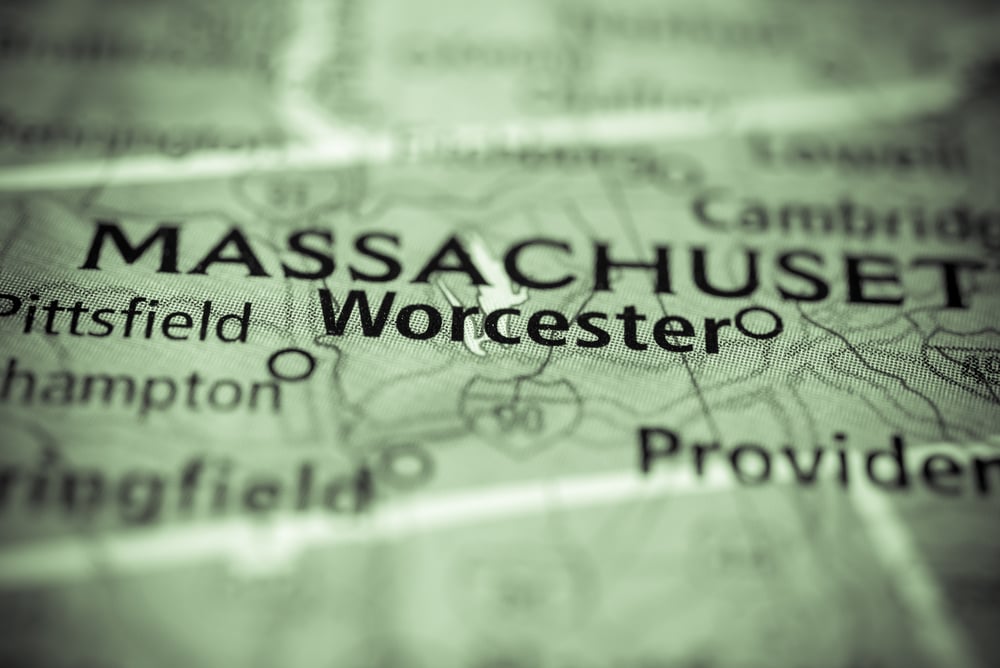Discussing the post-COVID landscape, Massachusetts Lottery Executive Director Michael Sweeney has revealed that the state’s lottery offering faces a ‘significant threat of becoming somewhat obsolete’.
Sweeney warned this week that due to the accelerated industry shift towards online and cashless interactions as a result of the COVID-19 outbreak, the incumbent’s existing terrestrial model may not be equipped to deal with the expected new normal of online.
He went on to explain how if left unchanged this could create problems regarding municipal funding that other states such as neighbors New Hampshire and Rhode Island have sought to avoid by shifting portions or all of their lottery business to online during the COVID business shutdowns.
“Technology, as much as it was increasing previously, has really in a lot of people’s estimates moved forward three to five years in the course of three months,” Sweeney said.
The lottery had previously been on track for a strong year prior to the virus landing in Massachusetts. However, despite a host of convenience stores that sell lottery products remaining open during the outbreak, overall sales fell with April’s net profit dropping to $71.6m – $22.5m less than in April 2019.
As a result of the recent losses, the lottery’s current figures this fiscal year has seen them lag behind the same point in 2019 by over $195m.
Treasurer Deborah Goldberg has since urged lawmakers to authorize online and cashless lottery operations, stating that it could make an ‘immediate impact’ to mitigate losses and generate additional revenue to support a strained state budget.
She stated: “Everyone is looking for where we are going to get revenue from? We have to note, and I said it in the last meeting but it’s only continued, that the states that do have an online lottery have had incredible increases in sales. One day in March in Michigan had not a $1m gross, but a $1m net.”
Despite not making any changes regarding online expansion, the Massachusetts Lottery has begun doing certain things differently such as the implementation of appointments for in-person processing of prizes greater than $20,000.
With this in mind, Sweeney still believes that even as business activity begins to resume consumer behavior is likely to favor actions such as cashless, contactless purchases that lack COVID-19 transmission risks.
He concluded: “I do think we face a significant threat of becoming somewhat obsolete, particularly as other gaming opportunities continue to avail themselves of the technology that’s out there, everything from DraftKings to other areas including casinos.
“We do receive what I would characterize as a significant amount of business from the states that border us, particularly New Hampshire and Rhode Island. It would only make sense that as both of those lotteries go online, there will be some level of decrease (in Massachusetts).”










